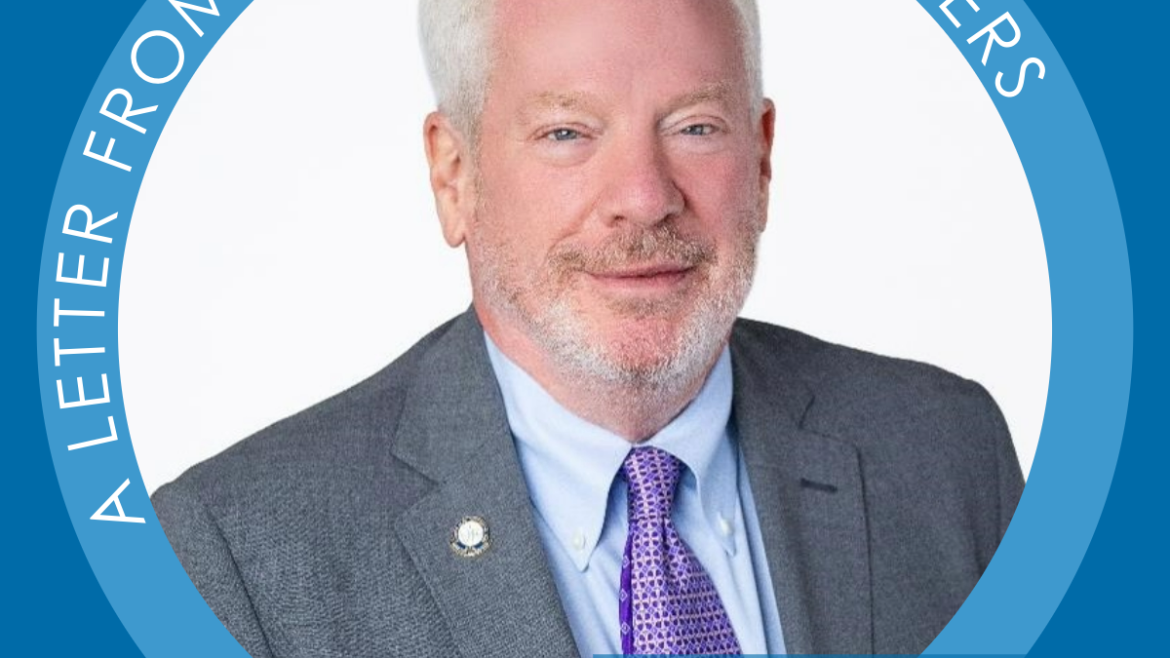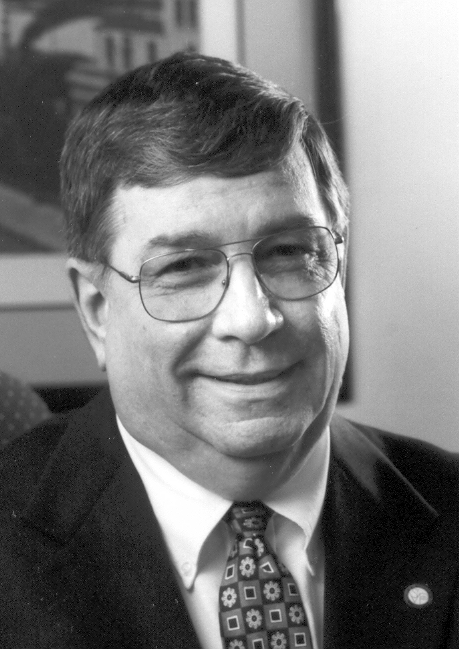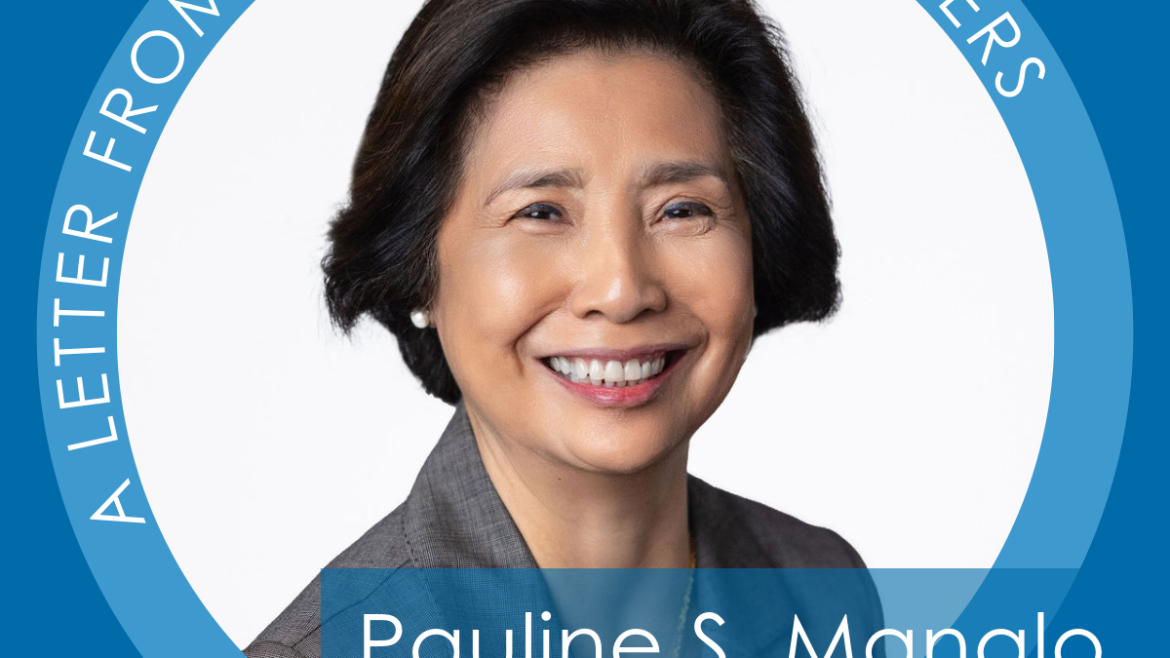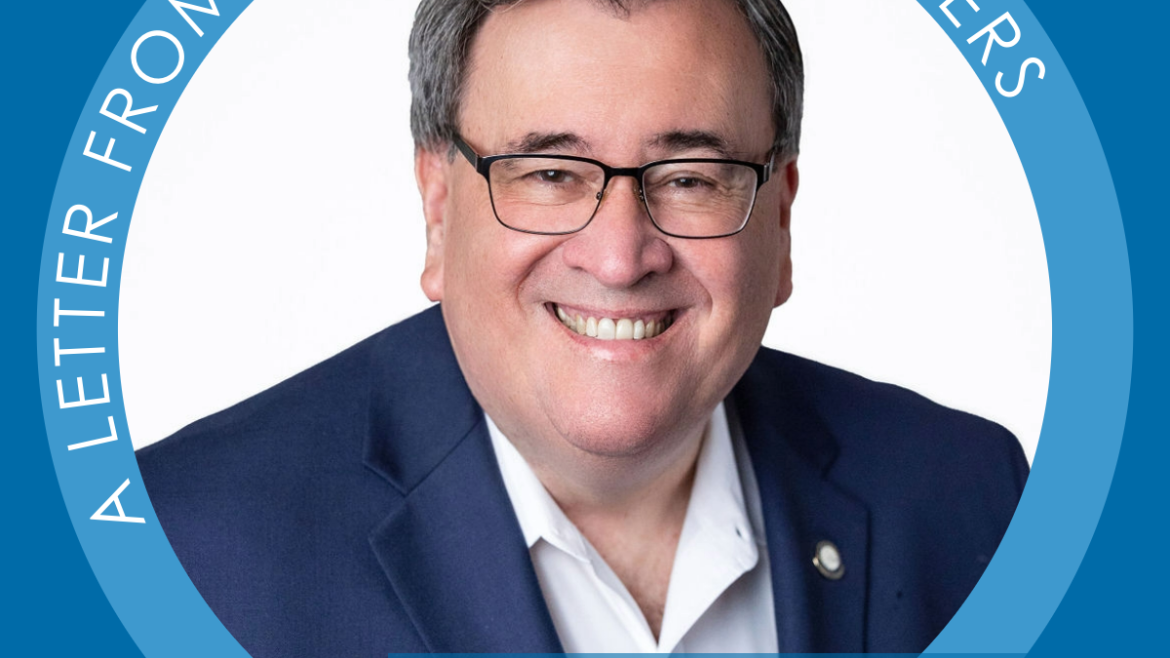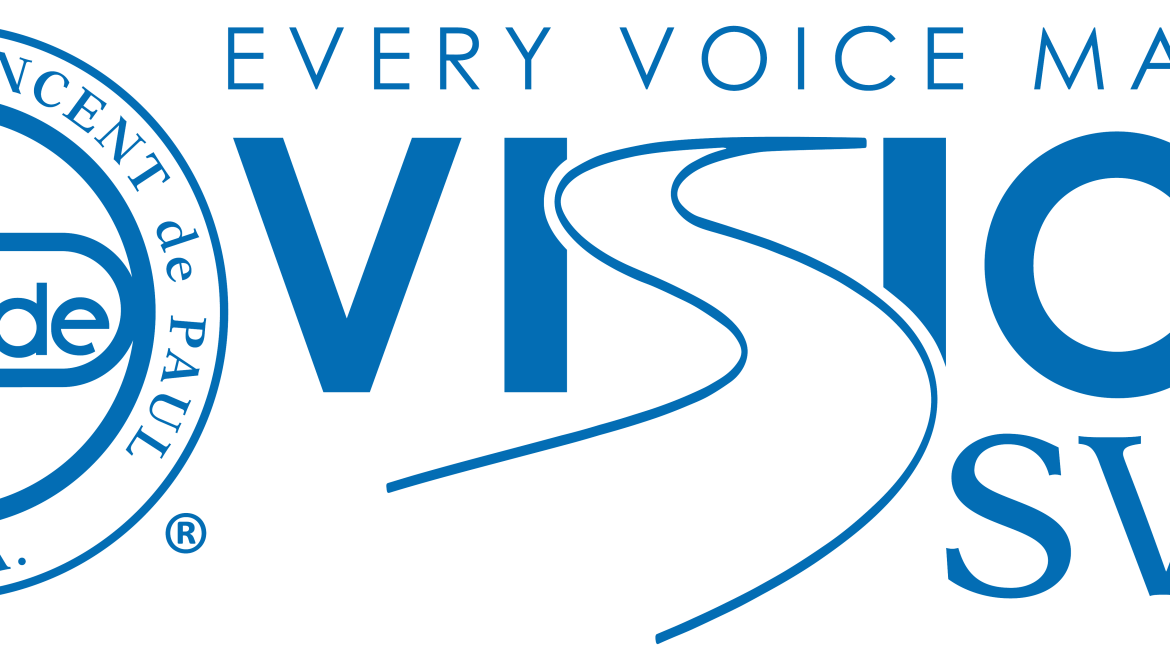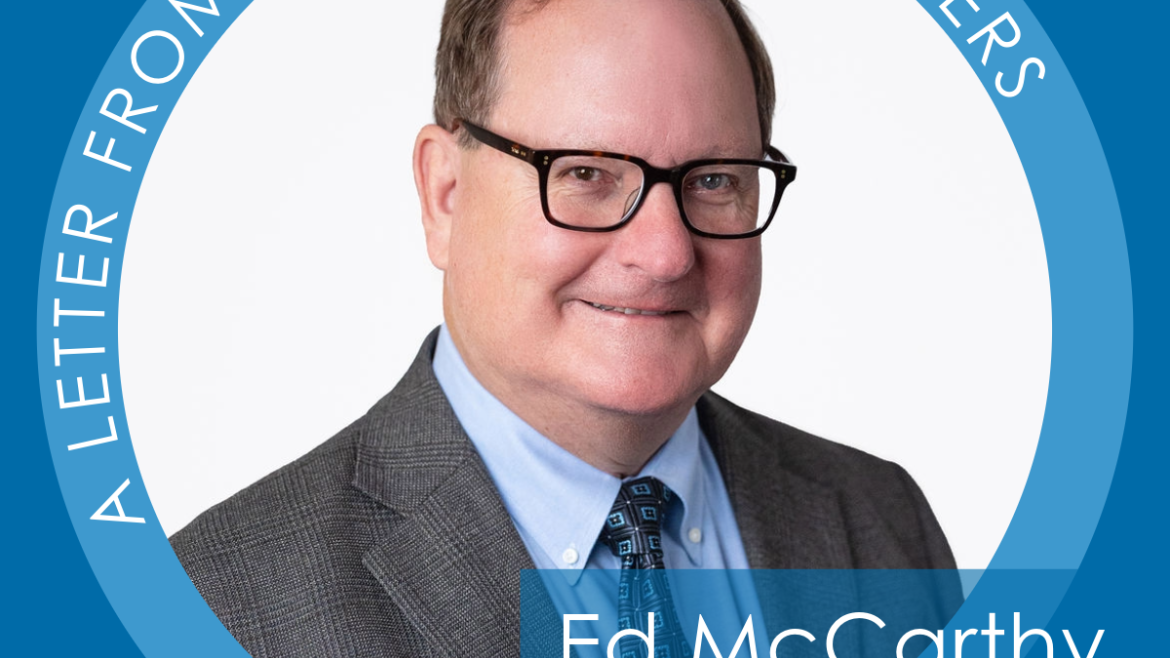On Monday of this week, I spent the day in meetings at the Vatican in Rome. Working alongside Juan Manuel Gomez, the President General International of the Society of St. Vincent de Paul, and CGI Board Member Sebastian Gramajo from Argentina, we had three meetings: first with Monsignor Luis Marin de San Martin, Undersecretary of the General Secretariat of the Synod, then with Maria Lia Zervino, Institutional Director of World Union of Catholic Women’s Organizations, and lastly with The Secretary of the Dicastery for Promoting Integral Human Development, Sister Alessandra Smerilli, and Fr. Patrio Salgat of that office.
Each of these meetings was vitally important to the work of the Society, both here in the United States as well as globally. The Dicastery for Promoting Integral Human Development was established by Pope Francis in August 2016. The work of the Dicastery, as directed by Pope Francis, is to express the Holy See’s concern for issues of justice and peace, including those related to migration, health, charitable works, and the care of creation.
The Dicastery promotes integral human development in the light of the Gospel and in the tradition of the Church’s social teachings. The Dicastery also expresses the Holy Father’s care for suffering humanity, including the needy, the sick and the excluded, and pays special attention to the needs and issues of those who are forced to flee their homeland, the stateless, the marginalized, victims of armed conflicts and natural disasters, the imprisoned, the unemployed, victims of contemporary forms of slavery and torture, and others whose dignity is endangered.
That mission certainly sounds a lot like what we do as members of the Society of St. Vincent de Paul, doesn’t it?
This meeting was important in helping us understand how we can work more closely with the Church and the Bishops in supporting the work of the Holy See in areas such as Integral Human Development.
Similarly, our meeting with the Office of the World Union of Catholic Women’s Organizations was very informative, as we learned about the work of the Church in helping to empower and lift women out of poverty across the world. SVdP USA does an incredible amount of Twinning and project support overseas, and it was good to hear about project work being done through the Vatican. Additionally, the Vatican is looking for our support in some of the work they want to do in the United States, especially around poverty, women, single mothers, and other areas. We will be honored to help!
The meeting with the General Secretariat of the Synod was very interesting and enlightening. We had a wonderful discussion about VisionSVdP, and team at the Vatican were thrilled to hear about what we are doing! They had a lot of questions about our reasons for launching the effort, and were excited that we were modeling our efforts on the theme of Adapting to a Changing World.
One of the things that Msgr. San Martin kept emphasizing was the changing technology of the modern world and how we must adapt not only our processes and procedures, but also our approaches, to ensure we do not lose the spiritual closeness in the drive to technical efficiency and the electronic world. He was speaking my language! He was saying what I have been saying since I first put myself forward as a candidate for National President.
While we can, should, and will change and adapt our systems and our technology to make ourselves more effective and efficient as an operating organization, we cannot, must not, and will not ever lose the human-to-human, Christ-centered Encounter that is the foundational basis of who and what we are. At our core, at our spiritual center, at our faith grounding, we are people serving people through a process of encounter: Encounter in a Home Visit, a food pantry, a thrift store, a pharmacy, a housing program, a shelter, a prison visit, any of the many special works we provide.
My visits to the Vatican helped to define further areas and opportunities for collaboration and cooperation between SVdP and the Holy See to support people in need in the United States and internationally. Those visits also helped to reinforce to me the outstanding work of the Councils and Conferences across the country in support of our neighbors in need and in alignment with Catholic Social Teaching.
Peace and God’s blessings,
John

